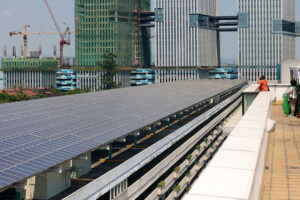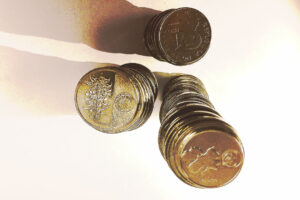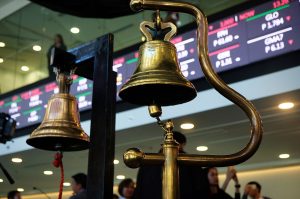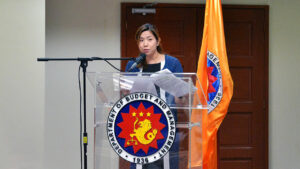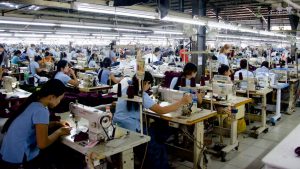THE PHILIPPINES dropped 11 spots in an index that measures countries’ energy transition efforts, reflecting the slowing global momentum amid increasing uncertainty.
The Philippines ranked 105th out of 120 countries in the World Economic Forum’s (WEF) Energy Transition Index (ETI), from 94th in 2023.
The Philippines’ latest ranking was its lowest since 2015 when it ranked 87th in the ETI, which analyzes a country’s current energy system performance and enabling environment for energy transition.
It scored 48.4% on a 0% to 100% scale, lower than 50.2% last year. This is below the global average score of 56.5% and emerging and developing Asia’s average score of 53.9%.
European countries topped this year’s index led by Sweden with a score of 78.4, followed by Denmark (75.2), Finland (74.5), and Switzerland (73.4).
Among the emerging and developing Asian countries, the Philippines had one of the lowest rankings, only ahead of Bangladesh (109th), Pakistan (113rd) and Mongolia (116th).
China had the highest ranking among Asian countries at 17th place, followed by South Korea (23rd), Japan (26th), Vietnam (32nd), Malaysia (40th) and Indonesia (54th).
“Ensuring equitable access to energy is a critical issue in this region, characterized by limited rural electricity access, affordability challenges, extensive energy subsidies and energy prices not returning to pre-pandemic levels,” the WEF said.
The WEF noted this year saw the highest global average scores in the history of the energy transition index, “with modest improvements in system performance of about 0.2% and strong progress in transition readiness, with a growth of 2%.”
“From 2015 to 2024, the global average scores for the ETI have consistently increased, driven by improvements in both system performance and transition readiness,” the report read.
However, WEF said the overall pace of energy transition has slowed worldwide, due to “economic volatility, heightened geopolitical tensions and technological shifts.”
“We must ensure that the energy transition is equitable, in and across emerging and developed economies,” Roberto Bocca, WEF’s head of the center for energy and materials, said in a news release.
“Transforming how we produce and consume energy is critical to success. We need to act on three key levers for the energy transition urgently: reforming the current energy system to reduce its emissions, deploying clean energy solutions at scale, and reducing energy intensity per unit of GDP (gross domestic product),” he added.
The latest annual edition of the report, published in collaboration with Accenture, used indicators such as energy access, energy affordability, economic development, supply, resilience, reliability, energy efficiency, decarbonized energy, clean energy, regulation and political commitment, finance and investment, education and human capital, innovation, and infrastructure.
Terry L. Ridon, a public investment analyst and convenor of think tank InfraWatch PH, said the Philippines still has limited innovation and research on low-carbon technology.
“Government should partner with other nations which have advanced low carbon research in order to develop our knowhow in this field,” he said in a Viber message. — S.J. Talavera

